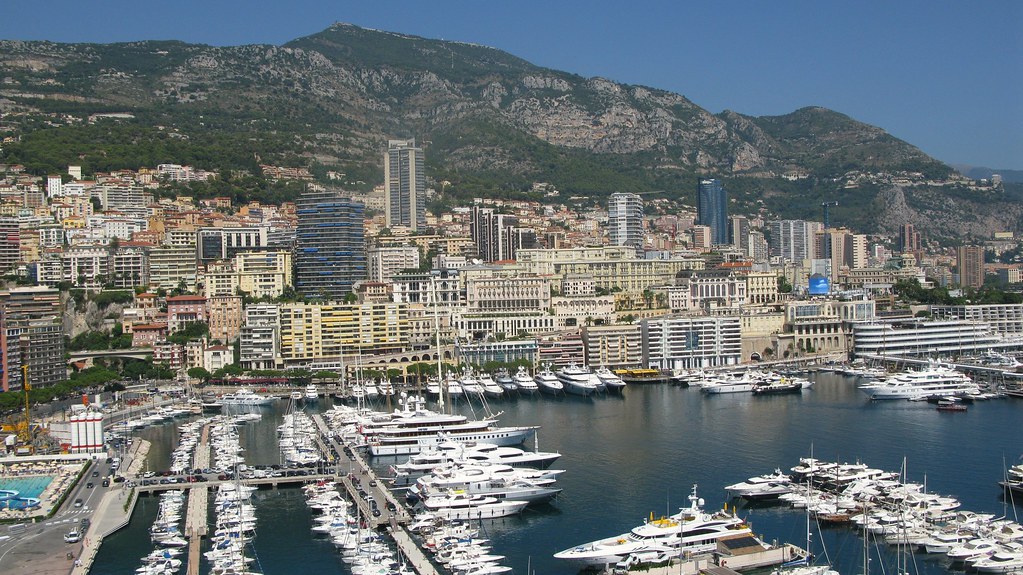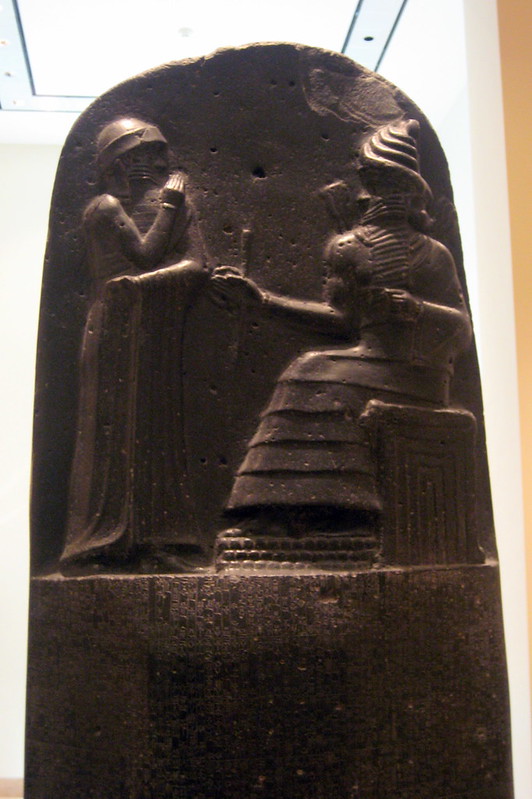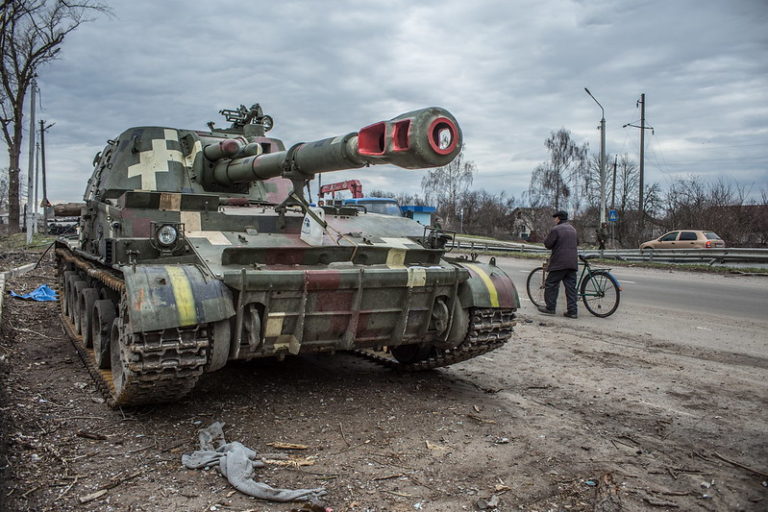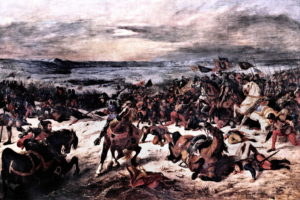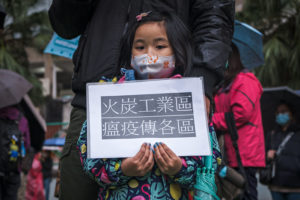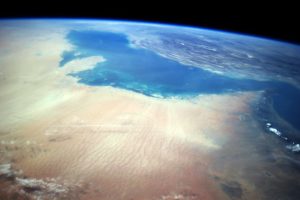Letter from La Vigie, dated 13 Dec 2023

War in the Middle East: Rereading the classics
A number of commentators have described Israel’s operation in the Gaza Strip as a colonial war. This term, which assumes that Gaza is a colony of Israel, is not the most appropriate. Re-reading Trinquier or Beaufre allows us to consider that this is first and foremost a revolutionary war.
To read the article, click here
Avoid surprise
Any army in operation, any strategist wishing to launch a war, seeks surprise in order to increase its gains. This article outlines the characteristics of surprise and the need for it. But if the enemy is also trying to surprise us, how can we avoid being surprised ourselves?
To read the article, click here
Lorgnette: things are rocking in Buenos Aires
On 19 November, Argentinian voters nominated Javier Milei for the country’s presidency with 56% of the vote. Described as anti-system, populist and ultra-liberal, labels struggle to describe this loud-mouthed opportunist. Many compare him to Trump or Bolsonaro, even though his initial measures show a pragmatism far removed from the excesses of the election campaign.
Is this a sign of political radicalisation in Argentine society? Not really, but rather the weariness of a people in a country that is collapsing, with inflation at 140%, a poverty rate of over 40%, money reserves at rock bottom and an economic situation at half-mast. What’s more, they are exasperated by the endemic corruption of the politicians who have been in power for years. So why not vote for someone who wants to bring down the system, since the system no longer works?
J. Milei has already put some water in his wine, looking for political alliances to be able to govern: he only has 38 seats out of 350. He will have to compromise. It’s not certain that the system won’t digest him too.
Subscribers: click directly on the links to read online or download the pdf issue (here), always with your login/password. New readers: read the article by issue, by clicking on each article (€2.5), or subscribe (discovery subscription €17, annual subscription €70, orga. subscription €300 excl. tax): here, the different options.
JOVPN
Photo credit: S.Brickman on VisualHunt.com
